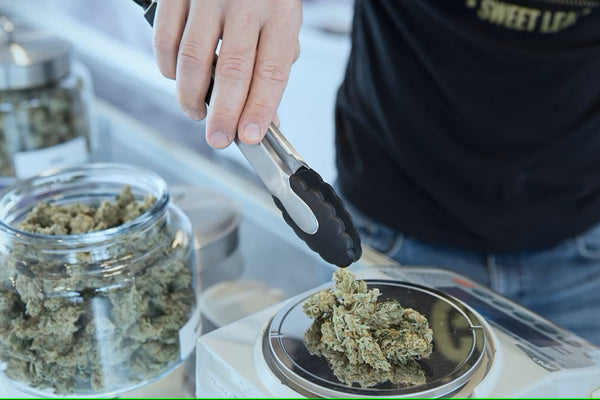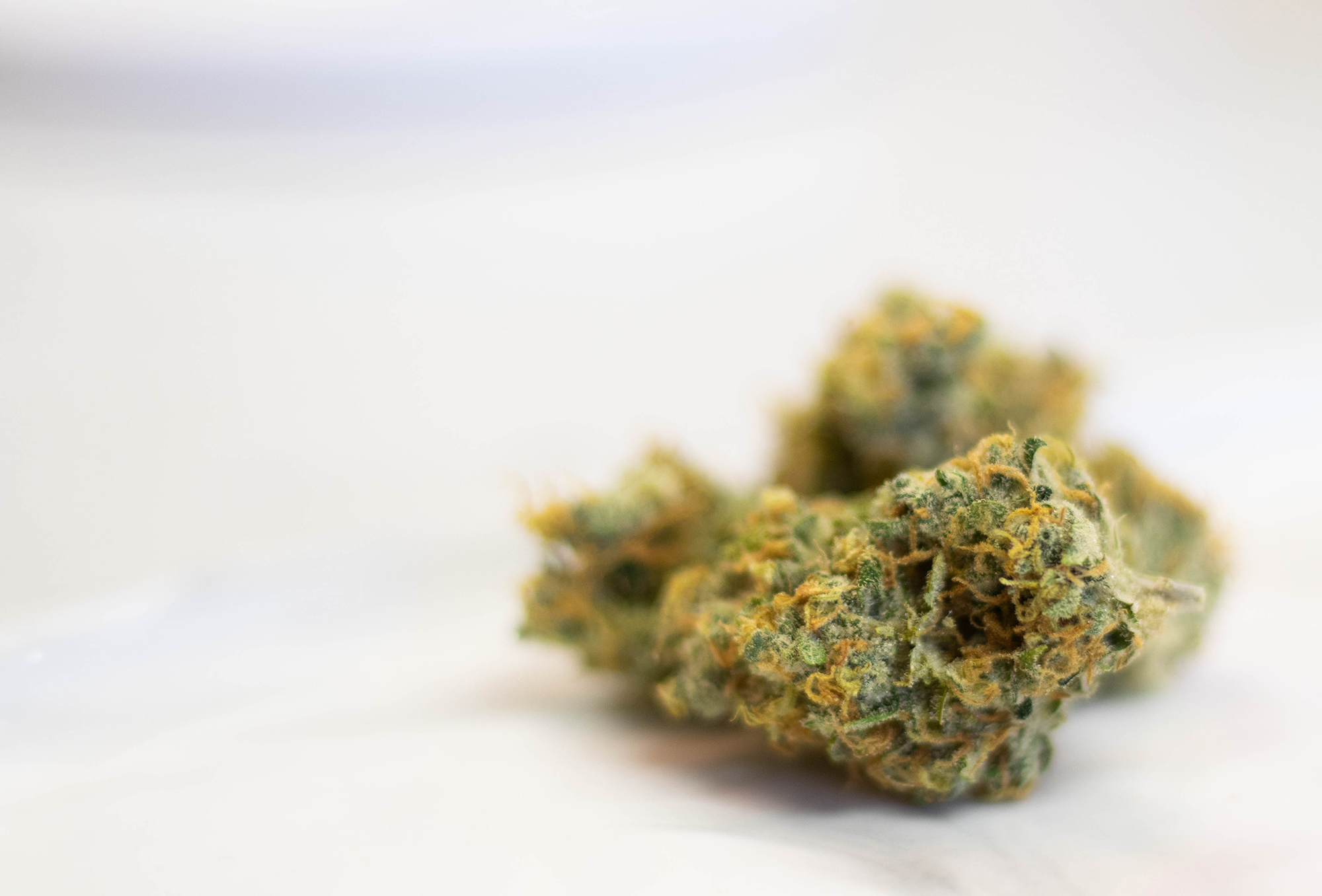New hemp-derived goods have emerged and made their way into the legal market since hemp became nationally lawful. HHC isolate adds some novel properties to a burgeoning class of cannabinoids that provide a range of effects and advantages compared to those customarily connected with THC.
When the double bond in THC is broken replaced with hydrogen, the result is HHC. This improves both its stability and perhaps also its bioavailability. HHC is thought to have effects that are comparable to those of THC, although further research is required to fully comprehend these effects.
It can be difficult to keep up with the various effects and legalities of each cannabinoid as the market continues to boom with new compounds. We#8217;ll describe HHC in detail in this post, along with how it varies from THC, where you can buy it, and its legal status.
Describe HHC
The chemical name for cannabis is HHC. It is a naturally occurring hydrogenated version of THC that is present in cannabis plants. It is less prone to oxidation since it has two hydrogen atoms instead of the THC#8217;s single double bond. The cannabinoid#8217;s overall stability is increased by its resistance to oxidation, which prolongs the shelf life of HHC products.
Despite being detectable, HHC is only traceably found in plants. Because of this, several ingredients in HHC products are manufactured synthetically. This is accomplished by the process of hydrogenation, in which hydrogen atoms are added to either naturally existing THC or CBD that has been converted into THC.

Vegetable oils are converted into margarine using the same hydrogenation method as is used on CBD extract. Chemist Roger Adams hydrogenated Delta-9 THC in 1944, which was the first time HHC was produced semi-synthetically in this way. Although it was once again tested in the 1960s and 1970s, little research had been done on it until recently.
How Is HHC Made?
Cannabis plants naturally contain HHC, although only in very trace amounts. Instead, it needs to be produced in a lab so that there is enough HHC to use and sell. Because of this, HHC is a cannabinoid that is both natural and semi-synthetic.
The process of hydrogenation produces HHC. Before being distilled and isolated, CBD or THC is first collected from hemp plants. The base is this powder, which is then chemically saturated with hydrogen atoms, causing the double bond to dissolve and be replaced by two hydrogen atoms. The cannabis is then exposed to a catalyst, like nickel or zinc, which aids in converting it into HHC.
In a chemical reactor, the full hydrogenation process takes place, and the end product is HHC, a dark, golden oil. After being refined and distilled, this oil can subsequently be converted into a useful product.
What Consequences Result from Using HHC?
One of the newest cannabinoids on the market, HHC does not currently have a lot of compelling evidence supporting it. Anecdotal data suggests that HHC and THC have comparable effects, most likely as a result of their similar chemical structures and the ensuing interactions with the endocannabinoid system.
Animal test subjects are the subject of studies, however, the effects of HHC are still mostly unknown.




